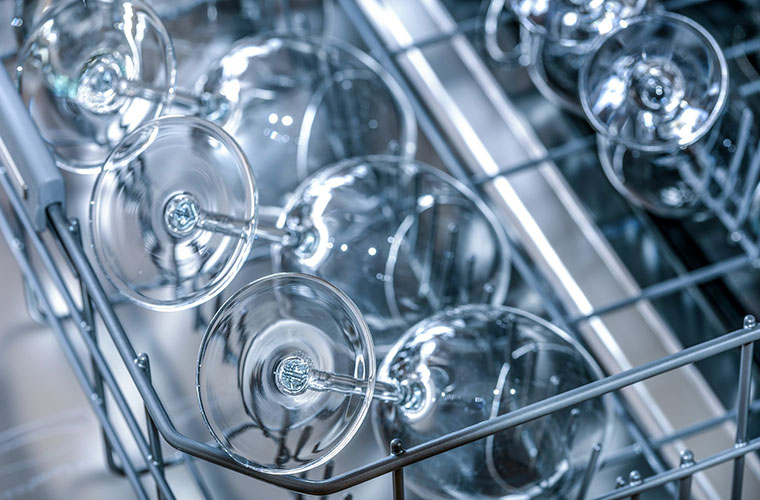If you live in a hard water area such as East Anglia, you have probably experienced the annoyance of soap that won’t foam, dishwashers that won’t clean and bathtubs that won’t sparkle. One the absolute best ways to solve the irritating problems associated with living with hard water issues is to install a domestic water softener.
However it can be tricky choosing the best water softener for your home. Water softener systems come in all shapes and sizes, and have some system differences. To help you understand these, we have put together a water softener buying guide. Read on to find the answers to all of your domestic water softener questions.
Water Softener Buying Guide – What is a water softener?
A water softener is a device that can be easily installed in your home to remove the minerals that cause hard water problems. Once your water softener system has been installed, all the water that passes through your taps, showers and appliances will be softened and you will experience far better cleaning results at the same time as protecting your appliance from limescale buildup.
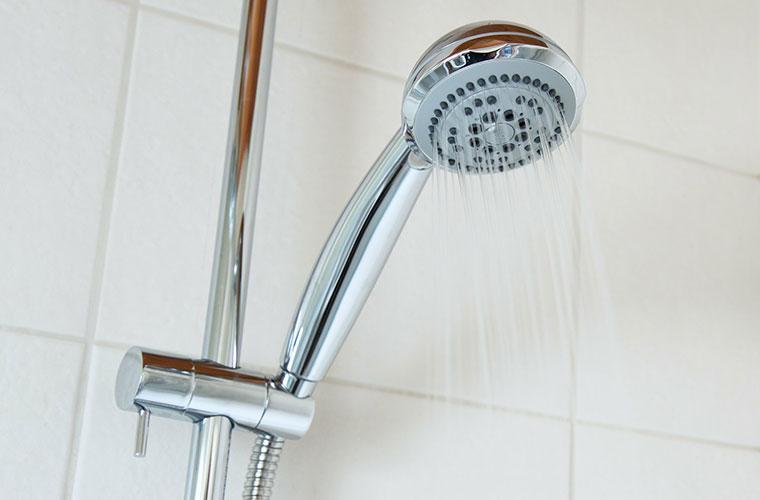
How does a water softener work?
Domestic water softeners use a chemical process known as ‘ion exchange’ to remove magnesium and calcium minerals from your water system. As water containing magnesium and calcium ions is passed over a resin containing sodium ions, the offending mineral ions are exchanged for harmless sodium ions. Once this has occurred, the resin holds back the magnesium and calcium ions and the sodium ions continue into your domestic water system.
What is water softener salt?
Water softener salt is vital for the ion exchange that operates within a water softener system to remove harmful minerals from your water. It is important to regularly top up water softener salt to make sure that the ion exchange in your water softener is working properly. Water softener salt is available in convenient block or tablet form and the amount you need depends on domestic water consumption and the hardness of the water in your area.
Our experts will be happy to advise you on the expected water softener salt requirements for your water softener system.
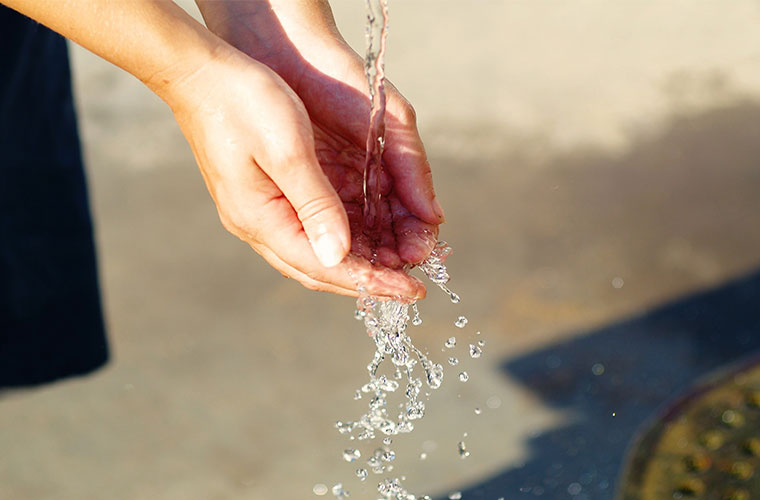
What can I expect from a water softener installation?
At Hart Water we offer excellent customer service and a full consultation, installation and maintenance service. A qualified and experienced installer should always fit domestic water softeners but the process is straightforward. Domestic water softeners will usually fit underneath your sink and many, such as the compact Nuwave MD160 water softener, don’t take up very much space at all.
What is water softener regeneration?
As the resin beads in your domestic water softener system capture more magnesium and calcium ions, they require renewing with sodium ions. During the water softener regeneration process, the beads are rinsed in a brine solution, ion exchange takes place and collected hard water minerals are flushed away. Your water softener system is then ready to collect magnesium and calcium ions again.
During the regeneration sequence there may be only limited treated water available for your household to use.
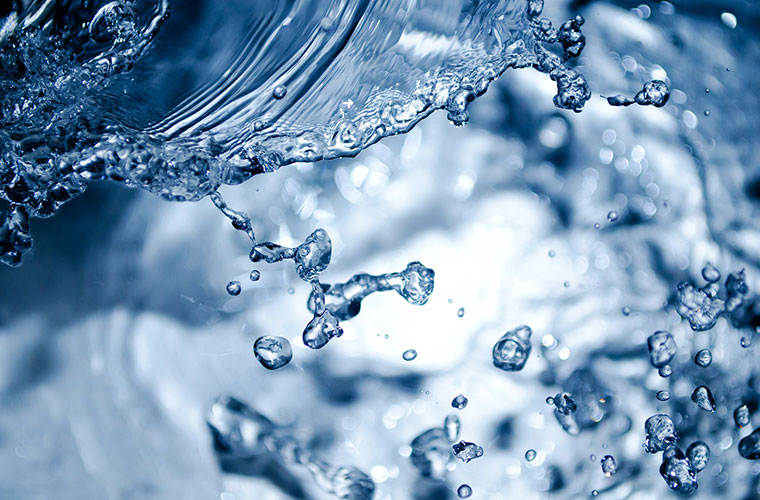
What is an electric water softener?
Electric water softeners use a low-powered electric clock to time the regeneration process. This means they can be programmed to make sure that your system works efficiently and regeneration occurs when it is least likely to interfere with daily household activities such as morning showers. Smart electric water softeners are also available. For example, the eVOLUTION range of EcoWater water softeners have Wi-Fi connectivity that enables you to receive maintenance and salt sensor alerts by text or email.
What is a non-electric water softener?
Non-electric water softeners use ion exchange in exactly the same way as electric water softeners but they don’t have a clock and rely on water usage to trigger the regeneration cycle. This can be an issue if it occurs during a time of high family water usage or if your home suffers from particularly low water pressure. Some non-electric water softeners, for example, the Harvey M2 water softener, have a twin cylinder design, which maintains the soft water supply during the regeneration cycle.
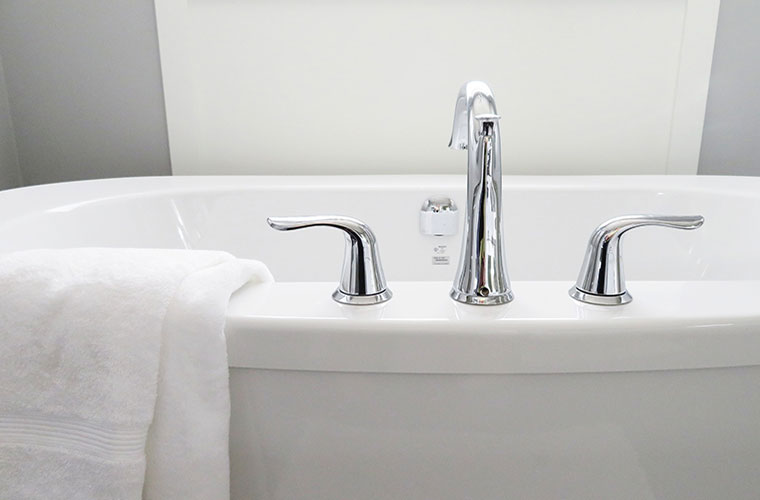
Can a domestic water softener solve my hard water problems? Whatever size your home and whatever your water softener requirements, if you and your family are suffering from the problems of hard water, we have the right solution for you.
Our experienced and qualified team will investigate your needs and advise you on Harvey water softeners, Nu-Wave water softeners and Ecowater softeners. We are happy to discuss the advantages and disadvantages of different water softener systems for your domestic situation, and we offer comprehensive installation and maintenance packages.
If you are ready to protect your home and make living in it so much easier for your family, get in touch with your East Anglia water softener specialists today. We look forward to meeting you and offering you competitive pricing on a range of water softeners including installation, service and repair.
- Water Softener Size Guide: How to Select the Perfect Fit for Your Home or Business - February 25, 2025
- Under Sink vs Whole House Water Filters: The Complete Homeowner’s Guide - November 27, 2024
- 7 Surprising Ways Water Softeners Transform Your Skin: Unveiling the Secret to Radiant Complexion - July 17, 2024

